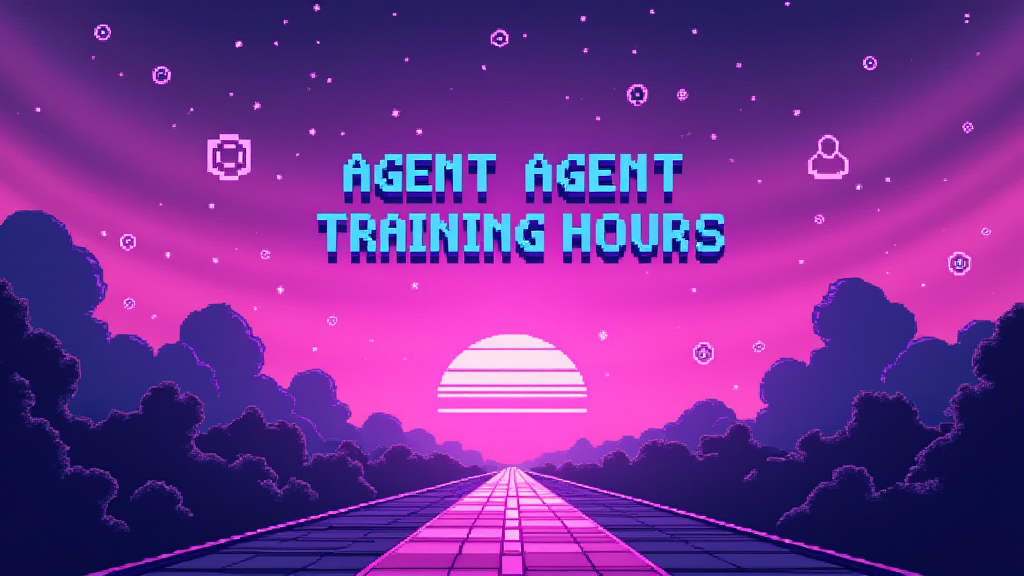Agent Training Hours: Boosting Sales Performance

Published on: October 01, 2024
Agent Training Hours refer to the dedicated time spent educating and developing sales representatives to enhance their skills, product knowledge, and overall performance. This crucial investment in human capital plays a vital role in shaping a competent and confident sales force, ultimately driving revenue growth and customer satisfaction.
Why Agent Training Hours Matter 🎓
Effective training is the cornerstone of a successful sales operation. Here's why Agent Training Hours are essential:
- Improved Performance: Well-trained agents close more deals and achieve higher quotas.
- Increased Confidence: Knowledge empowers agents to handle customer inquiries and objections effectively.
- Reduced Turnover: Investing in employee development boosts job satisfaction and retention.
- Consistent Brand Representation: Trained agents deliver a unified message and customer experience.
- Adaptability: Regular training helps agents stay updated with market trends and product changes.
Key Components of Agent Training 📊
A comprehensive training program typically includes:
- Product Knowledge
- Sales Techniques
- Customer Service Skills
- CRM and Technology Training
- Industry and Market Insights
- Role-playing and Simulations
Calculating ROI on Agent Training Hours 💼
To measure the effectiveness of your training investment, consider the following formula:
ROI = (Gain from Investment - Cost of Investment) / Cost of Investment
Where:
- Gain from Investment = Increase in sales revenue or performance metrics
- Cost of Investment = Total cost of training hours (including materials, trainer fees, and lost productivity)
Best Practices for Maximizing Agent Training Hours ⏰
- Personalize Training: Tailor programs to individual agent needs and learning styles.
- Implement Microlearning: Break training into bite-sized, easily digestible modules.
- Leverage Technology: Utilize e-learning platforms and virtual reality for immersive experiences.
- Encourage Peer Learning: Foster a culture of knowledge sharing among team members.
- Provide Ongoing Support: Offer mentoring and coaching beyond formal training sessions.
Common Challenges in Agent Training 🚧
| Challenge | Solution |
|---|---|
| Time Constraints | Implement flexible training schedules and on-demand learning resources |
| Information Retention | Use spaced repetition and gamification techniques |
| Measuring Effectiveness | Establish clear KPIs and regularly assess performance improvements |
By prioritizing Agent Training Hours, sales organizations can cultivate a high-performing team that drives revenue growth and delivers exceptional customer experiences. Remember, the key to success lies in continuous learning and adaptation to meet evolving market demands.
Questions to Consider for Your Sales Stack 🤔
- How many Agent Training Hours do we currently allocate per quarter?
- What metrics are we using to measure the impact of our training programs?
- How can we incorporate more personalized and technology-driven training methods?
- Are our training initiatives aligned with our overall sales strategy and goals?
- How can we create a culture of continuous learning within our sales team?
















